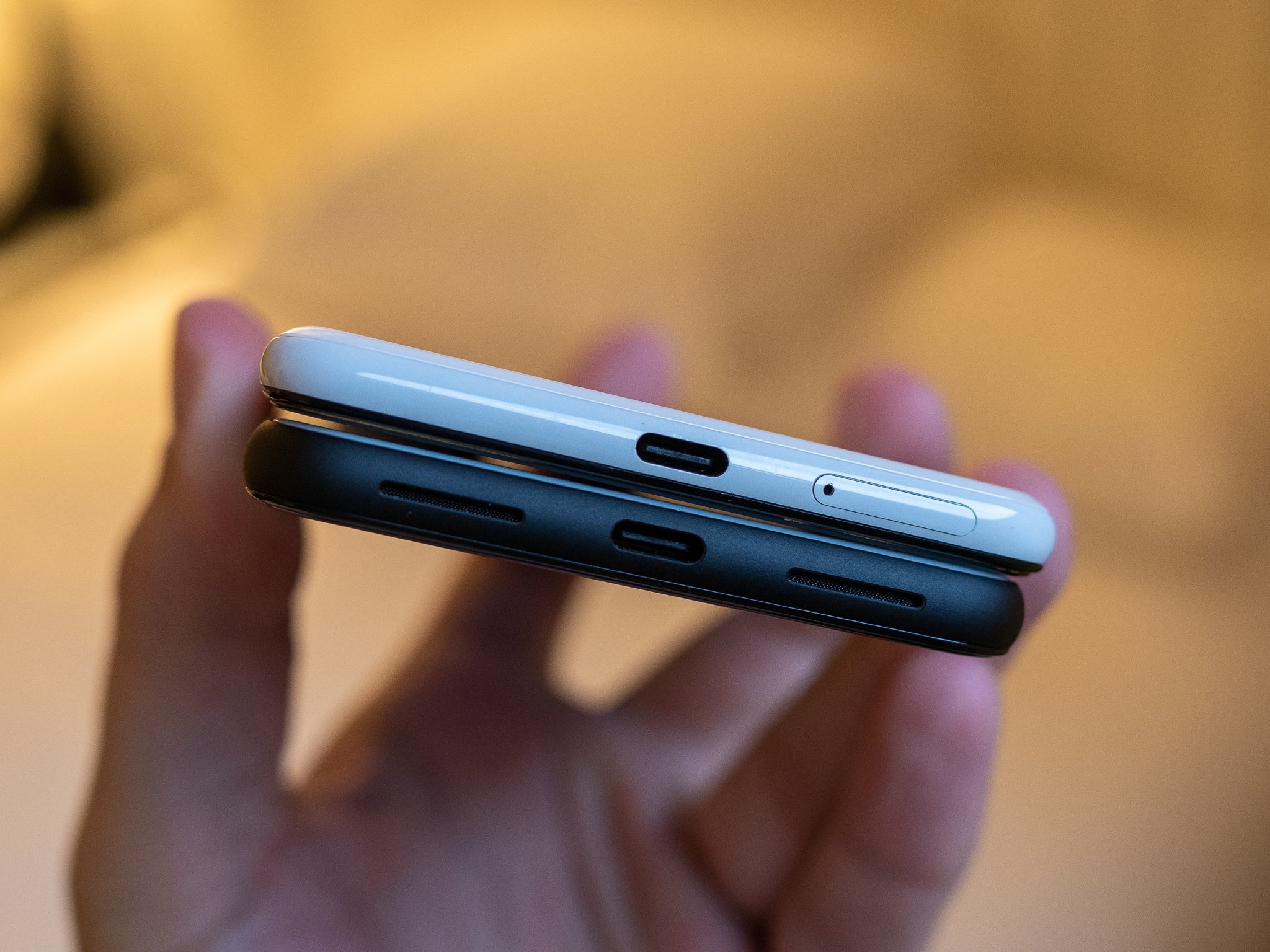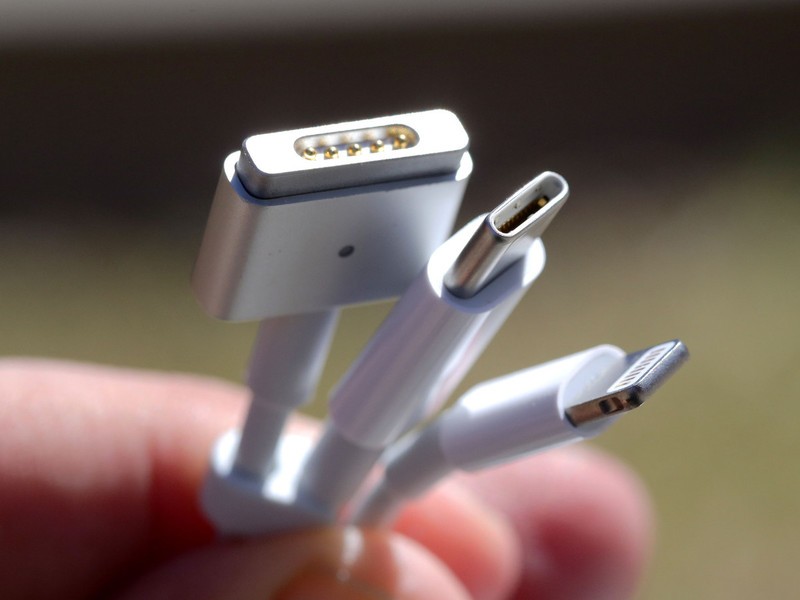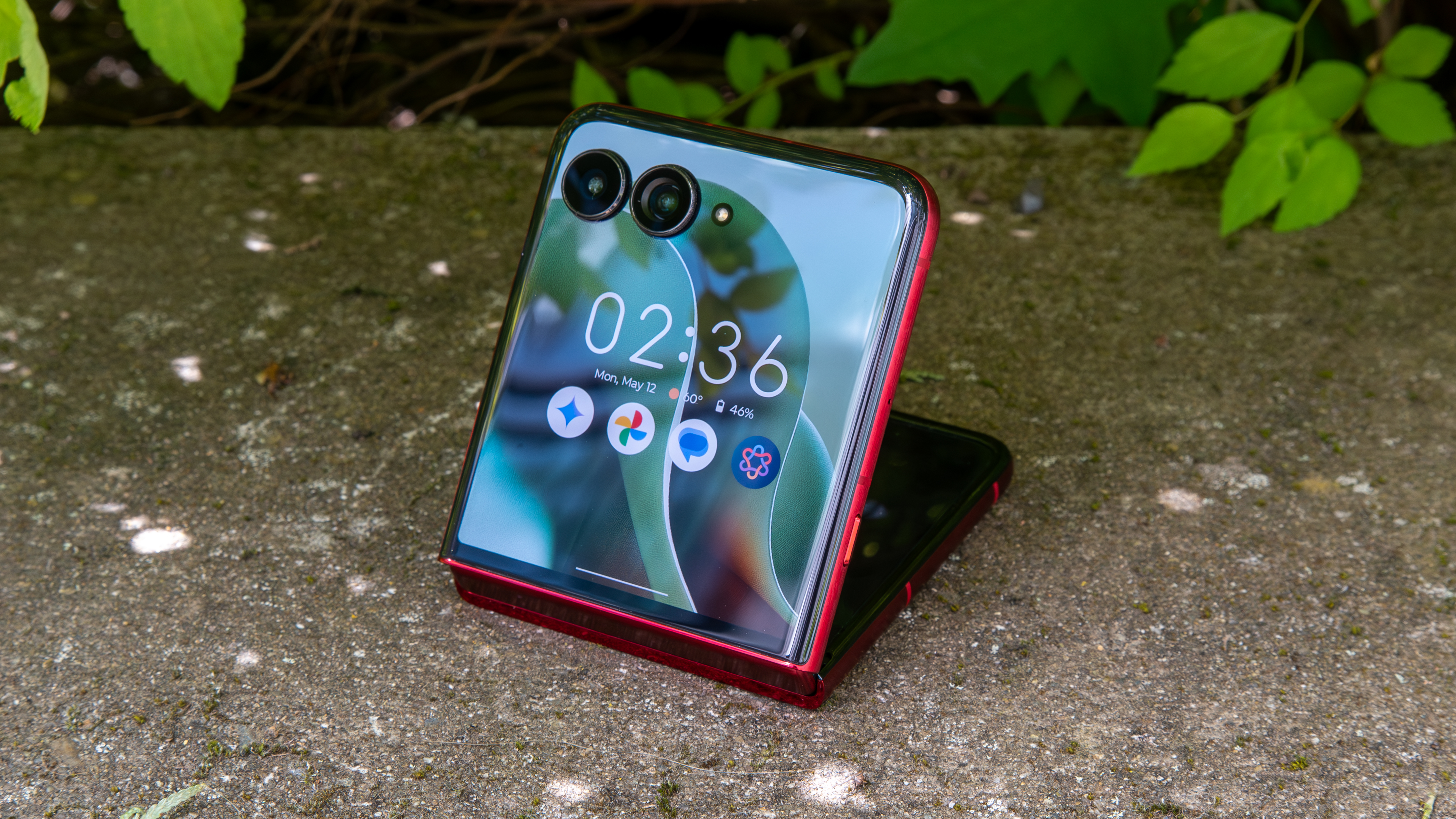The EU's decision to force USB-C on smartphones is a bad idea with good intentions

Get the latest news from Android Central, your trusted companion in the world of Android
You are now subscribed
Your newsletter sign-up was successful
Those of us who have been using smartphones for several years know how frustrating the transition has been from proprietary chargers to Micro-USB and finally to USB-C. And even though most phones have moved to USB-C there are still many significant holdouts with Micro-USB — to say nothing of Apple's ongoing use of Lightning. The European Union is fed up with it, and is pushing to unify all portable devices on the USB-C port. That's a really great move in many ways — but its implementation won't be free of compromise.
Standardizing on USB-C will immediately reduce charger and cable waste as they're reused for multiple devices.
The EU tried things the "easy" way back in 2014 with a voluntary initiative that attempted to get smartphone (and other portable device) companies to standardize their charging ports; although USB-C wasn't named specifically. But the results "fell short of the co-legislators' objectives" — notably, companies didn't seem to adopt USB-C any faster in the EU than they did elsewhere in the world, and there are still numerous new devices shipping without it.
The benefits are, at least, twofold. The EU's main goal is reducing electronics waste, where discarded chargers generate 51,000 tons of waste annually. Its assumption is that by standardizing on charging ports and cables, more of them can be reused for other devices rather than cast aside.
The clearest benefit to consumers is knowing for certain that every device you have uses the same plug.
Of course, this won't completely fix the waste problem; just because a charger and/or cable is compatible with a phone or other portable device doesn't mean it will have the latest charging standard or speeds that you desire. It would, however, help dramatically lengthen the lifecycle of those devices as they work their way down the chain to secondary chargers and used as hand-me-downs.
And there's the clearest benefit to end consumers: if everything uses the same port and cable, you don't have to face any uncertainty or frustration when it comes to charging your devices or getting a charger from just about any source. It's the dream we've all been eyeing since USB-C started arriving in phones, tablets and laptops. And we've only gotten closer to the ideal world with USB-C being used in non-mobile applications, and new charger technologies like GaN that let small charging bricks output incredible amounts of power for a wide range of devices.
But having every company compelled — by some sort of regulatory measure, which the EU has yet to define — to use USB-C isn't necessarily a win for all parties.
Apple provided a critical counterpoint to all of the discussion up to this point: in its 2018 commentary to the proposed implementation of this regulation, it said "Regulations that would drive conformity across the type of connector built into all smartphones freeze innovation rather than encourage it."
Get the latest news from Android Central, your trusted companion in the world of Android
Apple obviously has a vested interest in stopping such regulations, as it has complete control over its own charging interface with the Lightning cable. But this commentary brings up the important point: if everyone is required to use USB-C, that may be a great idea right now; but at some point, it will start to feel old just like any other port would. And the requirement to put USB-C in every portable device could limit companies' willingness to develop new connectors — and even next-generation standards. Yes, some proprietary ports are developed solely to create a system in which a company controls the entire ecosystem of connectivity devices; but we don't necessarily know where port, charger and cable technology could go in the future.
The near term benefits are massive; but in the long term this could slow development of improved ports.
That's all a bit theoretical, but there are obvious issues with forcing standardization on USB-C in the near term. Companies aren't using Micro-USB or other proprietary connectors simply because they don't care about consumers ... they're using it because it's either less expensive to implement, better for their hardware design, continues to build on their ecosystem of existing products, or some combination of the three. Phones with USB-C are more expensive to make than Micro-USB. And in the case of Apple, it could lead to an unfathomable amount of devices being transitioned to a new port before the company intended to do so.
It's clear there's no silver bullet here. In forcing companies to use USB-C, there are clear wins for consumers in cross-compatibility of devices and opening up the ability to charge any device with any charger. And society ends up better off any time we can reduce the amount of superfluous electronics waste we burden the world with. But frankly, we've already come so far toward standardizing on USB-C without any sort of regulation up to this point. And it's easy to see how forcing standardization on a single port could slow down development of the next generation of charging and data solutions.

Andrew was an Executive Editor, U.S. at Android Central between 2012 and 2020.

